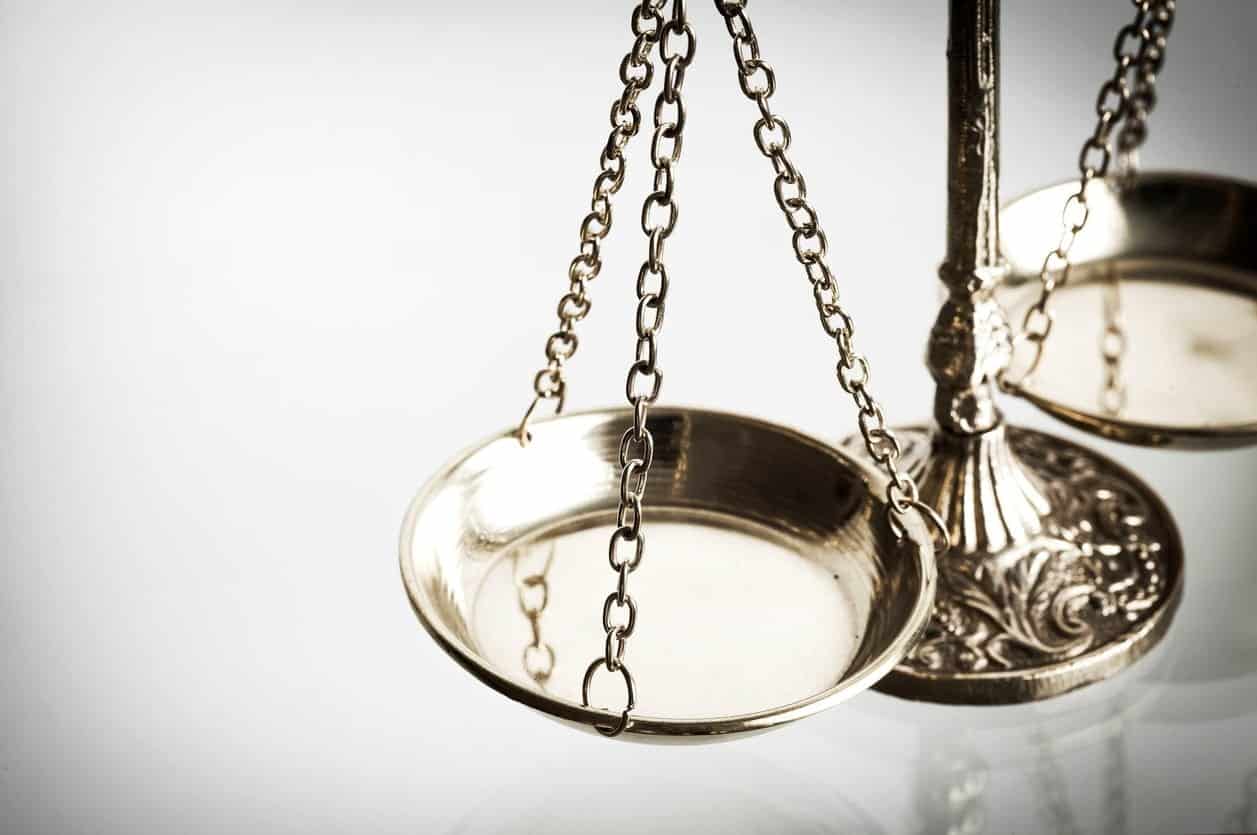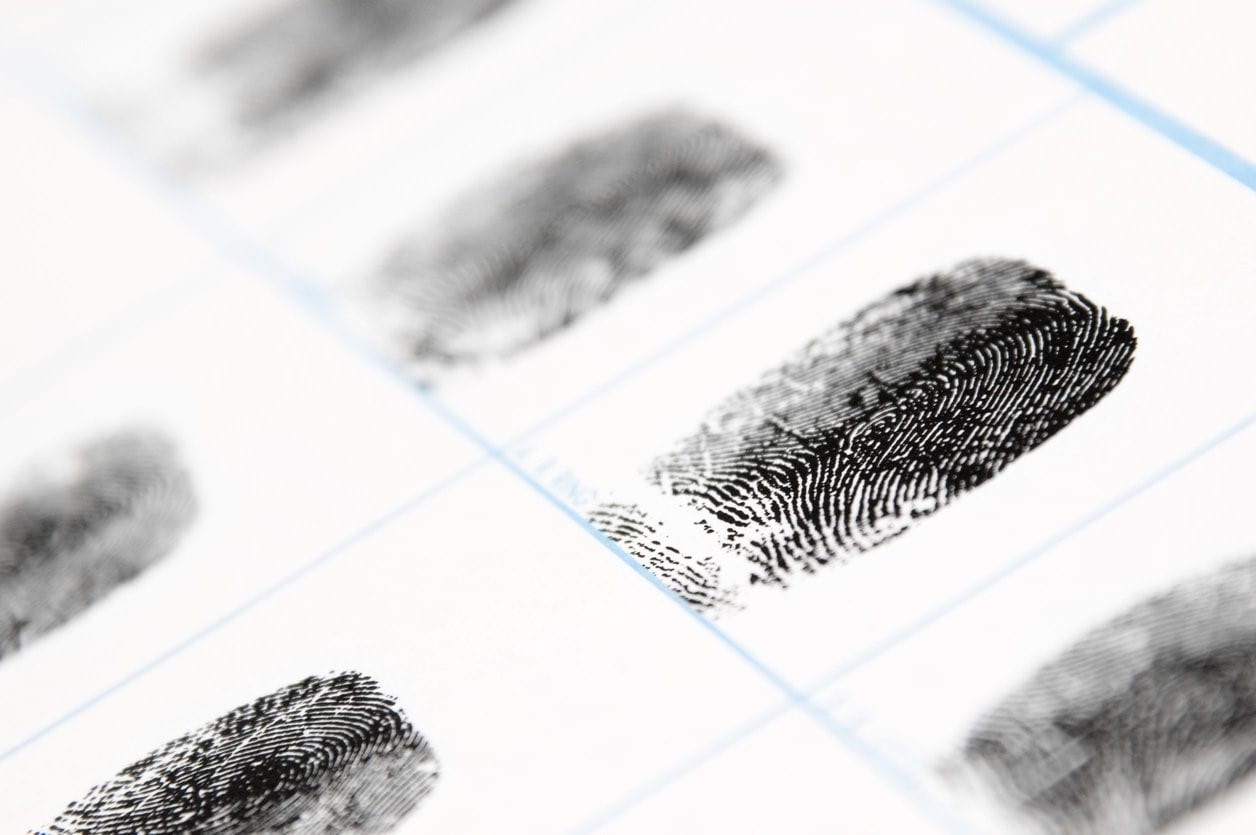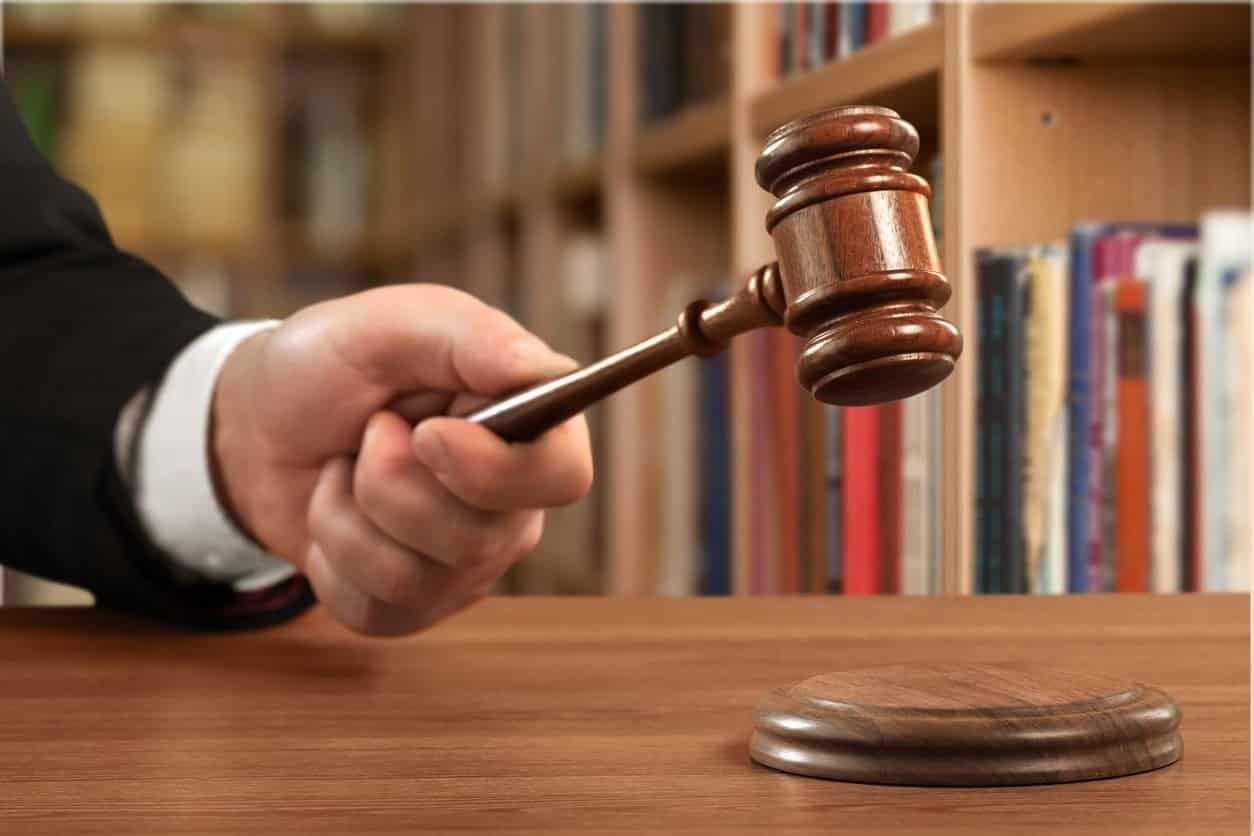- Home
- THE FIRM+
- Criminal Defense+
- CASE RESULTS
- AREAS WE SERVE+
- FAQ’s
- Blog
- Contact
AZHARI LLC BLOG

Posted By: Sami Azhari
Category:
Getting arrested or being charged with a crime can negatively impact your entire life. At Azhari LLC, we work hard to give you the best chance at getting your charges dropped, dismissed, or reduced so that you can get on with your life. However, even after the final ruling is made, there is still work to be done to make sure the charges against you don’t inhibit your ability to live your life.
How so?
It comes down to your criminal record. Regardless of whether you are convicted or not, simply being arrested means that you will have a criminal record for the rest of your life. That’s something that will follow you around when you apply for jobs, housing, benefits, and more, and you can bet that when people learn about your part, many will be far less likely to accept you.
Luckily, the State of Illinois provides two ways that you may be able to have these charges removed or hidden: expungement and criminal record sealing. These methods not only benefit individuals who have paid their debt to society, allowing them to walk through life without a black mark following them around, but also the community at large.
Well, now our state is changing things to give more people the opportunity to enjoy these benefits. Generally speaking, Illinois has strict laws on who can and cannot apply for expungement compared to many other states, but these bills are a nice step in the right direction.
Two New Bills Expand Eligibility for Expungement
Governor Rauner signed two bills into law this past summer that open up the possibility of expungement to more people, and in a shorter amount of time than has been true in the past. Both of these laws went into effect at the beginning of the New Year. If you have been charged with a crime, you may just be able to get those charges erased in 2017 thanks to House Bills 5017 and 6328.
Exactly what do they do?
House Bill 5017
In August, Governor Rauner signed House Bill 5017 into law. This law gives juvenile offenders who have been charged (but not convicted) with criminal offenses the chance to petition for expungement immediately after their charges are dropped. Previously, minors would have to wait until they turned 18 to petition for expungement. House Bill 5017 allows these minors to move forward with their lives without carrying the baggage of past criminal charges until they reach adulthood.
House Bill 6328
Governor Rauner also signed House Bill 6328 into law in August. The law not only allows an additional 1.4 million to petition for expungement, but also makes it cheaper to do so.
First, those additional 1.4 million people. Under the new law, those who have been charged with a crime and either had those charges vacated or reversed, or were convicted but were not sentenced to prison, can now petition for expungement.
How does it lower costs? Petitioning to expunge your record previously came with hundreds of dollars in fees, but House Bill 6328 also addresses, and decreases, some of these fines.
For now, the fines are only eliminated in Cook County, but it may eventually bring a change throughout the entire state. Eliminating these fees makes it easier for people to apply for expungement and get a chance to confidently moving forward in life.
Who Else Is Eligible for Expungement?
These laws have greatly increased the number of individuals eligible for expungement, but they are not the only people able to get their record cleared in 2017. If you have been arrested or charged with a crime – but not convicted – there is a good chance you are able to petition for expungement.
Even if you were convicted of a crime, you may still have a chance at expungement. The following crimes may be expunged from your record after a waiting period of 2-5 years:
- Theft/Retail Theft
- Forgery
- Burglary Tools
- Class 4 Felony Drug Offenses
- Class 4 Felony Prostitution
- Criminal Damage to Property
Most misdemeanor crimes can also be expunged from your record. Those crimes that are prohibited include but are not limited to:
- DUI
- Reckless Driving
- Dog Fighting
- Indecent Solicitation of an Adult
- Pimping
- Solicitation of a Sexual Act
- Domestic Battery
- Criminal Sexual Abuse
- Violation of a Protection Order
For those who cannot get their record expunged, there is the option of receiving a Certificate of Rehabilitation. This is a similar process that lets employers and other authorities know that you have maintained good behavior despite your conviction and criminal record.
Want to Get Your Criminal Record Expunged?
Whether these new laws make you eligible for expungement or you have been eligible and have had questions about moving forward, make 2017 the year that you wipe your record clean.
Start Your Expungement Process Today with an Illinois Criminal Defense Lawyer
Getting your record expunged does not happen automatically. It may take months to complete. After filling out a petition for expungement, the court will have to review your criminal history, your request, and your options. A court hearing may or may not be required. Contact an Illinois criminal defense lawyer today to get started on the expungement petitioning process.
About the Author
Sami Azhari has been working as a lawyer since 2007, after receiving his Juris Doctor from the Michigan State University College of Law. He has handled numerous state and federal cases, and is known throughout the Chicago and Rolling Meadows area for providing his clients with high-quality, skilled representation. He has been recognized by SuperLawyers, the National Trial Lawyers Association, and other notable organizations, and has spoken at a number of legal conferences.



























































